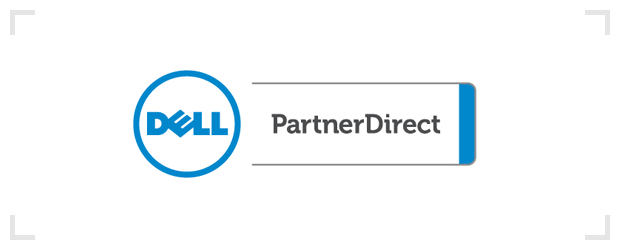Toronto – There was a time, not that long ago, when Dell Inc. was feared by everyone in the marketplace.
The Austin, Tex.-based PC and systems vendor was unmatched in the marketplace and the undisputed king of the personal computer more than a decade ago. Its main rivals IBM, Apple, and HP where either seeking to divest, looking for an acquisition boost or simply lost because of a lack of leadership.
Today, Dell is not so feared and that’s O.K., according to the company’s president of commercial business Steve Felice, who told CDN the feared label from the company’s first 20 years in business has been misinterpreted. “I do not think we lost our entrepreneurial roots. In 29 years we’ve reached $60 billion in revenue. That’s big! At the same time, it hasn’t been that long for us to lose our culture of being fierce and assertive and a company that wants to win. We still have all those dynamics,” Felice said.
The feared label may no longer apply for Dell as the company has embarked on a new path which just last week made them private through a shareholder approved leveraged buyout with financing from Silver Lake Partners and Microsoft.
Even though Dell is now private, Felice said the company remains transparent especially with the solution providers.
Felice, who was in Toronto for the first ever Dell Canadian Channel Conference, argues that Dell can’t be more transparent than it already is. “Dell’s mission is to take industry standard technology and make it work in an end-to-end solution for the data center and for the client,” he said.
Other vendors have to be more proprietary because their solutions are proprietary, while Dell proposes a whole solution, Felice added.
“You cannot question the motivation of Dell because we do not propose multiple alternatives, but the whole solution. We’ll stick to that strategy and that’s transparency.”
Another label that Dell might be able to attain now that it’s private is “fast.”
It is Dell’s intension to move to market faster and be more transformational with customers by integrating servers, storage with software at a much lower cost. Another strategy now that the company is private is they no longer have to focus quarterly. Going forward, Felice said Dell will be longer-term focused.
For the channel, a faster Dell may mean more capabilities for the customer in data centre, BYOD, big data and in infrastructure, Felice said.
Dell’s North American channel chief Frank Vitagliano said channel marketing, support, training and enablement will also be fast. “Fast and better so the channel can be more effective,” he said.
Two areas Dell addressed with its channel strategy was to make its acquisitions more seamless in an aim to be easier to work with. “This is a big deal with partners because if you are not easy to do business with then you are more costly than the other guy and that will take away from your profitability,” Vitagliano said.
The second area is the sales engagement piece is focused on growing mutual business with the channel.
At the Dell Channel Conference, Felice and Vitagliano told Canadian channel partners that they now make up 36 per cent of Dell revenue. Dell’s indirect revenue was close to zero five years ago before it launched the PartnerDirect program.
Felice added that he wants an open dialogue with Canadian channel partners. “I want to hear wants wrong and what we can do better and share the rationale of our decisions. We need to collaborate with them. I want to share in the ups and downs and they need to see what really happens and if we make a mistake, work with us to fix them together,” Felice said.
He called it a “humble approach” and a far cry from the days when channel partners feared Dell.




